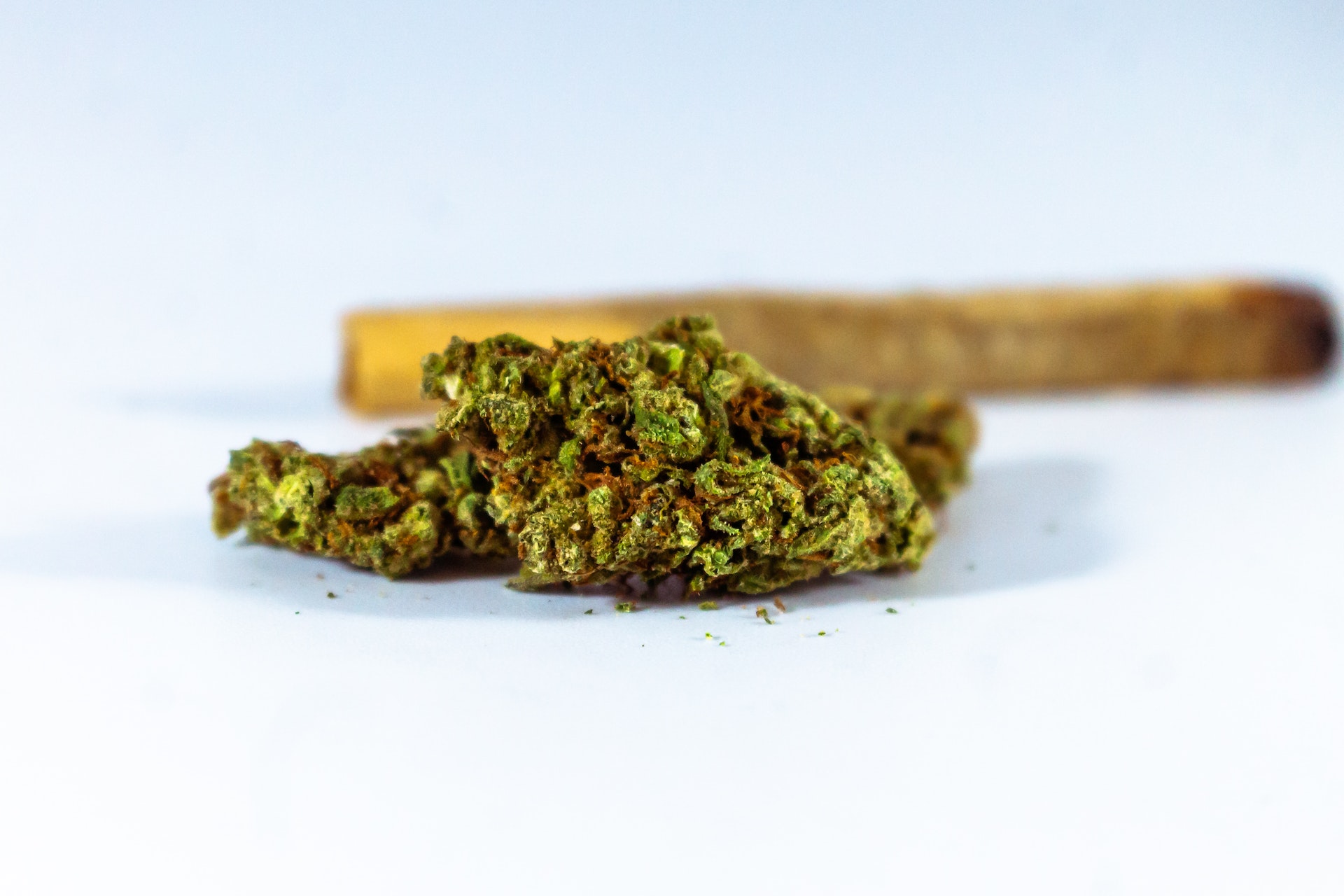Cannabidivarin (CBDV) is attracting medical interest for its broad-spectrum medical potential. CBDV is similar to CBD because it binds with neuroreceptors but has distinct differences.
Pharmaceutical companies and researchers are currently focusing on CBDV’s anticonvulsant properties, especially its ability to treat epilepsy.
Contents
CBDV Suppresses Seizures
CBDV acts on CB1 and CB2 receptors to produce effects that reduce seizures, brain disorders, mood disorders, and nausea. The molecule is also helpful in controlling inflammation. Pharmaceuticals have already developed a CBD-based drug that reduces seizures in resistant epilepsy. They are now exploring CBDv to see if it can treat Rett syndrome and Duchenne muscular dystrophy (a progressive form of muscular dystrophy that affects boys).
CBDV has been shown to reduce anxiety in people diagnosed with autism spectrum disorder (ASD) by shifting the balance between stimulating neurotransmitter glutamate and relaxing GABA. It has also been found to be an effective anticonvulsant, particularly in childhood intractable epilepsy.
Unlike most other anticonvulsants, CBDV has minimal side effects. Across several studies, there have been no reports of elevated serum transaminase levels or any other safety issues.
CBDV Suppresses Nausea
Cannabidivarin (CBDV) suppresses nausea, similar to THCV but with a lower affinity for the CB1 receptors. This cannabinoid also interacts with the neuroreceptors TRPV1, TRPV2, and TRPA1 – increasing the effectiveness of these compounds to block or reduce the sensation of nausea and vomiting.
One of the CBDV benefits it gives is that it helps alleviate inflammation and nerve damage pain. A study found that CBDV reduced the inflammation associated with muscular dystrophy and enhanced locomotor function.
Regarding Autism Spectrum Disorder (ASD), CBDV has been found to reduce anxiety and improve communication and social functioning in children with the condition. This cannabinoid also shows potential for improving repetitive behavioral problems and addressing the high levels of glutamate in people with ASD.
CBDV Suppresses Anxiety
CBDV has been shown to reduce anxiety in certain patients. It does this by shifting the balance of neurotransmitters in the brain between glutamate and GABA. GABA is known to calm the mind and relieve stress.
Another study found that CBDV distillate can significantly decrease the amount of anxiety a person feels during a public speaking test. This is probably due to its ability to boost serotonin levels and reduce the fear of being judged by others. It is possible that CBDV could be used to treat Rett Syndrome, a neurological disorder that causes social awkwardness and loss of motor coordination. CBDV can help these children improve their quality of life by reducing anxiety and symptoms of depression. CBDV also may enhance the quality of sleep in Rett patients. In addition, it has been found to suppress nausea and ease pain caused by neuropathic conditions.
CBDV Relieves Pain
CBDV is a non-psychoactive cannabinoid that has attracted interest from pharmaceutical companies due to its potential as an anticonvulsant and antiepileptic. It also appears to have strong anti-inflammatory properties and is effective at targeting the TRP ion channels, critical to pain perception and temperature regulation.
CBDV acts as an inverse agonist at CB1 receptors, inhibiting the binding of other cannabinoids that cause nausea. This property makes CBDV a promising candidate for treating nausea in patients like chemotherapy patients.
A study found that CBD and CBDV may help alleviate Duchenne muscular dystrophy (DMD) symptoms. It helped to restore the function of impaired muscle stem cells, reduce persistent inflammation in the skeletal muscles, and attenuate defective autophagy. This is significant because DMD causes deteriorating muscle mass and difficulty walking, and the study suggests that CBDV could provide an alternative treatment to traditional pharmaceuticals.



